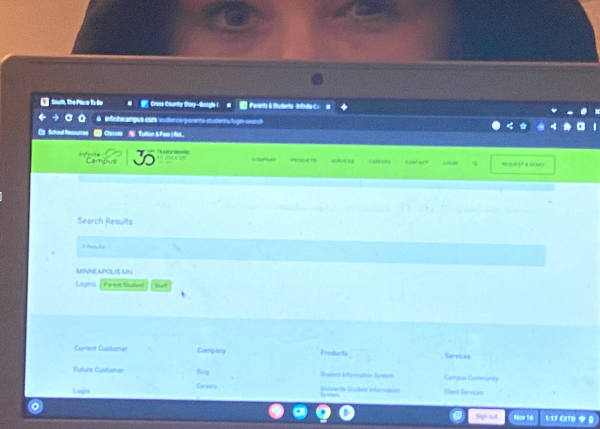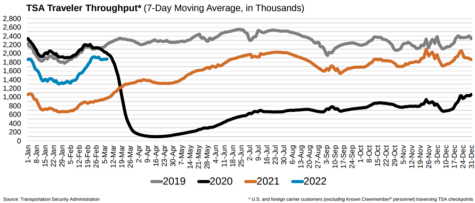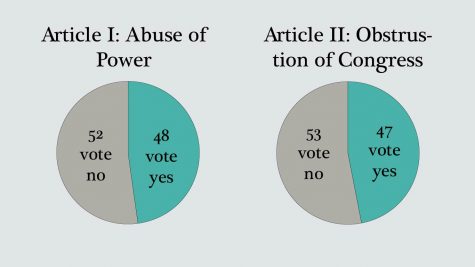In defense of summer break
February 7, 2018
You’re in your first class after returning from summer break. The teacher is giving a lesson that should seem easy, but you don’t understand it. ‘If only there wasn’t such a long break, then I might actually be understanding what I’m learning,’ you think. But does it really work that way?
The existing traditional school year is an effective system that should not be changed. Although some think that switching to year-round school would increase learning retention between school years, the traditional school calendar does not actually cause learning depreciation.
The argument for year-round school proposes a switch from the existing school calendar towards more frequent school breaks that are smaller throughout the year. Proponents argue that this switch would eliminate the loss of knowledge during the summer called ‘summer slide.’
Although this may make theoretical sense, a recent study in Wake County NC by Elon University would suggest otherwise. The extensive study, conducted on over 50,000 students from a wide range of socio-economic and cultural backgrounds, found that there is little-to-no impact for the transition to year-round schools. “Our results imply that dividing a long summer break into more frequent shorter breaks does not have a positive impact on achievement as measured through standardized test scores,” the study wrote.
“In our model of learning loss, these results are consistent with… a constant rate of depreciation, which together indicate that the timing of learning is not important, only the amount of learning,” it continued to say.
Because the rate of learning depreciation is constant, merely changing the order of the school breaks would not create more learning retention. South Open teacher Robert Panning-Miller spoke about his experience of learning loss over breaks: “It’s a number game… There’s always a bit of recuperation that’s necessary coming back from any break. So if… the break is two weeks, or the break is ten weeks, you are just dividing it up.”
Panning-Miller also acknowledged the importance of an extended break on mental health: “For some of the students, the stress of school is very intense and just being able to get away from that for a long period of time is going to be very helpful.”
Because students have time to recharge, they come back in the fall with a learning mindset. “There’s definitely an excitement in September that you don’t see in January. Coming back from winter break there’s definitely a feeling of wishing it was longer because those breaks aren’t long enough to really shut down…. It’s more of a sadness coming back from a short break,” said Panning-Miller.
The ability to recharge after an extended period of working is not only crucial to students’ mental health but is also key to keeping students engaged. Students learn more efficiently without being constantly distracted by the nice weather outside. “Trying to keep students focused, or students keeping themselves focused on a nice summer day is really challenging… There’s an attention issue that is a big challenge in summer that you don’t have on a cold day or a cloudy day,” Panning-Miller said.
Additionally, summer opens up opportunities that would not be available with year-round school. For many high schoolers, the summer is a time to grow socially and developmentally. As Panning-Miller said, “There is so much that people need to learn and do outside of the classroom… to learn about the world, learn how to interact socially, explore other opportunities. I don’t think you’d have the same opportunities over shorter breaks.”
The summer is also an opportunity for youth to join the workforce. With year-round school implemented, both students and businesses would be hit hard. Companies are unlikely to hire during the sporadic and irregular year long school cycle so many students would miss out on workforce experience. The traditional school calendar allows many students to have a summer job while not being forced to balance school and other life commitments.
Additionally, some students are able to take advantage of other opportunities during a longer summer. Freshmen Seare Mebrahtu spoke of his experiences in the summer: “In the summer we usually go to…Eritrea or Ethiopia… to learn about our culture.”
For Mebrahtu, this opportunity would not be available with a year-round school calendar. “Year-round school…it’s not that good because people can experience new things in the summer, they can do new things, they can try new things but you can’t find that experience in school,” he said. “If there was year-round school we wouldn’t be able to learn our culture.”
Year-round school may seem to help students upon first glance but problems arise upon further investigation. The current system may not be perfect, but it’s better for students’ mental health because it allows students to fully recharge after a sapping school year. Additionally, summer break is an important time for students to grow and explore new opportunities outside of the classroom.













Hippie Clydsdale • Feb 26, 2018 at 12:23 pm
Listen, year-round school might seem like a good idea but then when you want two or three weeks off your wish can be at command and then if you don’t pass the school test then you can not go to summer school then you have no graduation it is just one day after the other until you graduate college and I am here to tell you that that is so stupid so your side is right thx
Sincerely,
Hippie Clysdale
Joe,Bob • Feb 26, 2018 at 8:51 am
I agree with you not year long school.